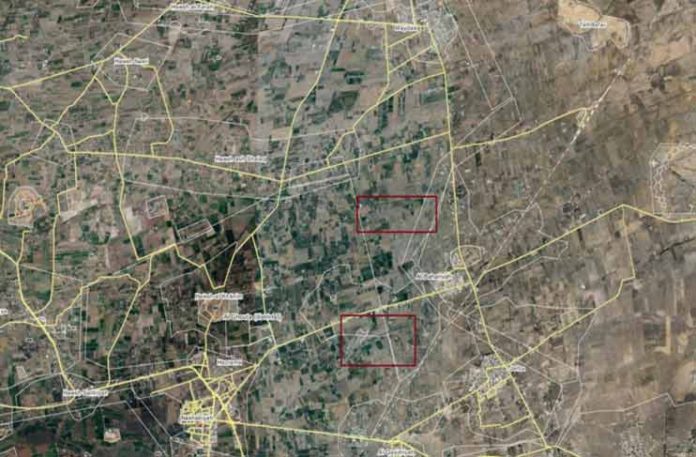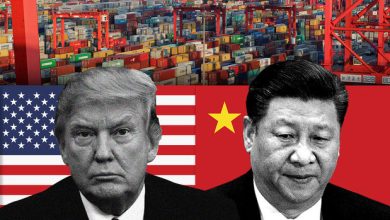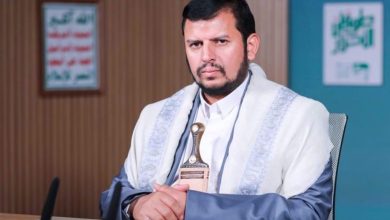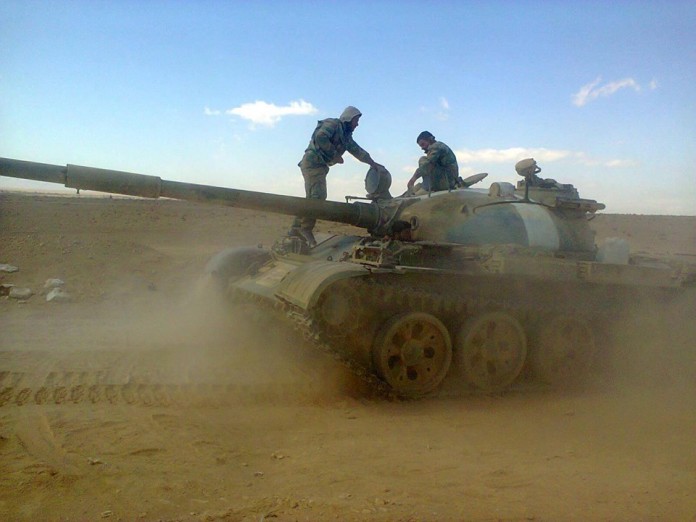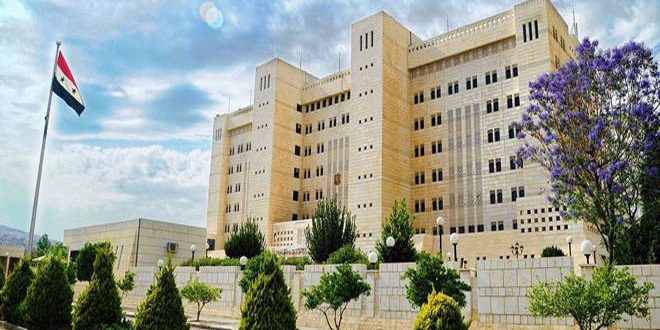US sanctions Russian companies, Moscow responds


The United States has blacklisted several Russian companies and individuals over their alleged connection to the Ukrainian crisis and the 2014 reunification of the Crimean peninsula with the Russian mainland.
The US Treasury Department said in statement on Tuesday that the sanctions were against eight Russian infrastructure, shipping and construction companies that have ties to projects in and near Crimea.
It said the blacklist also included seven businessmen who had “extensive business dealings” with Russia’s Ministry of Defense.
The Treasury further named 26 subsidiaries of Russian Agricultural Bank and gas producer Novatek, both of which had already been sanctioned in 2014.
“Today’s action is in response to Russia’s unlawful occupation of Crimea and continued aggression in Ukraine,” said John Smith, the acting director of the Treasury’s Office of Foreign Assets Control, which imposes sanctions.
“These targeted sanctions aim to maintain pressure on Russia by sustaining the costs of its occupation of Crimea and disrupting the activities of those who support the violence and instability in Ukraine,” he added.
The Treasury added that the US-based assets of those businesses and individuals targeted by the Tuesday sanctions will be blocked and American citizens and companies are banned from financial transactions with them.
Russia reacts
In response to the move, Russian Deputy Foreign Minister Sergei Ryabkov said that the sanctions were “hostile acts” by the administration of outgoing US President Barack Obama and Moscow would expand its sanctions against Washington, looking for other “asymmetrical answers” to US actions.
“We reserve the right to choose time, place and form of reciprocal measures in a way that will be comfortable for us and that will correlate with our own priorities in policy concerning the US,” Ryabkov said.
The European Union announced on Monday that the bloc would extend its own economic sanctions against Russia for another six months.
Crimea declared independence from Ukraine on March 17, 2014, and formally applied to become part of Russia following a referendum in which 96.8 percent of participants voted in favor of the secession.
Since then, the US and some other Western countries have imposed several rounds of sanctions against Russia over accusations that Moscow has been involved in a deadly crisis in Ukraine, which broke out when Kiev launched military operations to crack down on pro-Russia forces in the east.
Earlier this year, Obama signed a new Executive Order that extends economic sanctions against Russia for another year.
The decree, published on March 2 on the official White House website, states that economic and financial sanctions imposed on Moscow over its involvement in the Ukrainian crisis will stay in place until March 6, 2017.

What Americans think about Russia hacking
The Tuesday announcement of fresh sanctions against Russia comes at a time of heightened tensions between Washington and Moscow, as US intelligence agencies have reported alleged Russian meddling in the 2016 presidential election.
In an interview last week, the outgoing US president vowed to retaliate against Russia’s involvement in cyber attacks.
A new poll conducted by Morning Consult/Politico and published earlier in the day revealed that 46 percent of Americans disagree with the conclusion of US intelligence agencies that the Russian government is responsible for cyber attacks related to the November 8 election.
“We cannot be sure about who is primarily responsible for hacking and cyber-attacks that may have impacted the US election,” the respondents said.
The voters who were opposed to the conclusion argued that tracing cyber attacks is complicated and the intelligence groups now claiming Moscow’s meddling in US elections “are the same ones that said Saddam Hussein had weapons of mass destruction in Iraq.”
Only 29 percent of respondents were in favor of the statement that “We know with near certainty that Russia is responsible for hacking and cyber attacks that impacted the US election.”
Moscow has time and again denied any interference in the presidential election, calling the allegations absurd and an attempt to distract US voters from pressing domestic issues.
